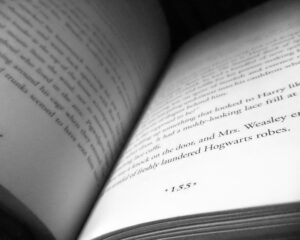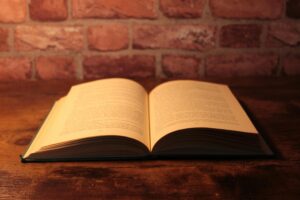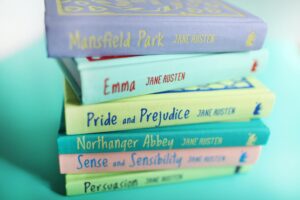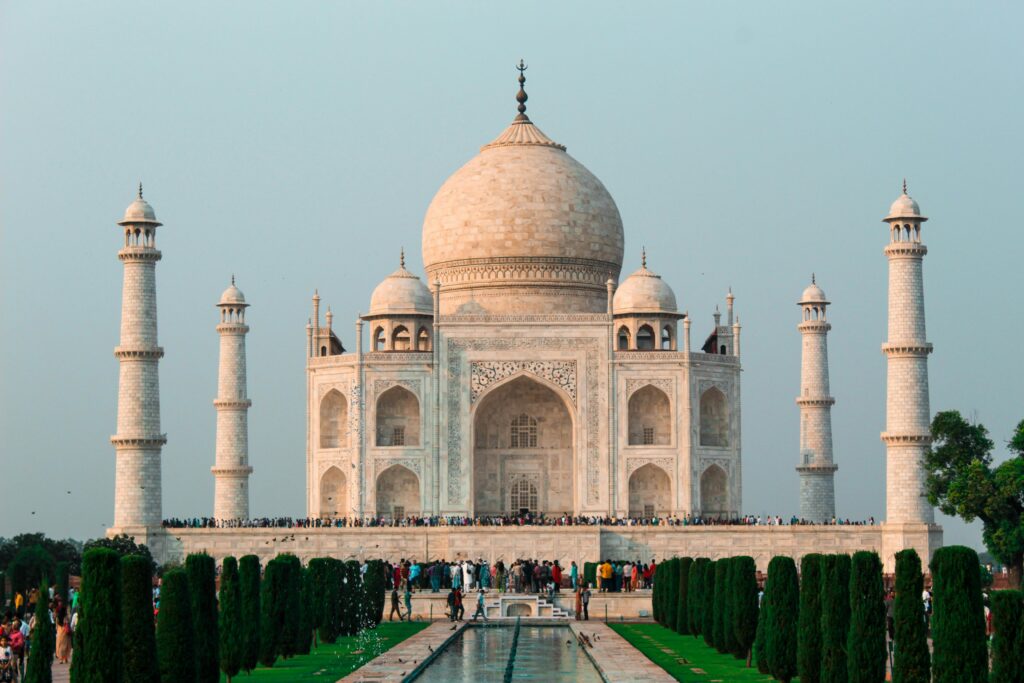English literature is a diverse and miscellaneous body of work that mirrors the English language’s history and the rich experiences of the English people. English literature extends from Anglo-Saxon epic verse to contemporary novels and plays, from the human condition, laws of society, and philosophical thought throughout the centuries.

The English literary heritage starts with the Old English ages, 450-1150 AD. Beowulf, a heroic poem, is the most significant and oldest work of this era. It is a heroic poem that revolves around a warrior who battles monsters and dragons. It is composed in an early Germanic English language and provides a glimpse of the values of honors, loyalty, and courage that were highly valued at the time.
This was followed by the Middle English period (1150–1500) with the simpler language and forms of storytelling. Geoffrey Chaucer’s Canterbury Tales is a case in point. Through a series of stories told by pilgrims making their way to Canterbury, Chaucer amused and also offered a social commentary on the different occupations and social classes in mediaeval society.

The period of the Renaissance (1500–1660) is broadly referred to as the golden age of English literature. It was an era that saw the emergence of drama, with the drama of William Shakespeare being the leading one. His dramas, Hamlet, Macbeth, and Romeo and Juliet, continue to be relevant in their approach to human psychology, ambition, love, and tragedy. It was also an era that saw poetry thriving in the hands of John Donne, Edmund Spenser, and Christopher Marlowe.
The 17th and 18th centuries also saw new forms of literature emerging, the most prominent of which was the novel. Writers like Daniel Defoe (Robinson Crusoe), Jonathan Swift (Gulliver’s Travels), and Samuel Richardson (Pamela) led the way in this genre. Poets like John Milton, in his epic Paradise Lost, and satirical poets like Alexander Pope showed the richness and diversity of English literary talent.The Victorian and Romantic era, or the 19th century, was a time of extreme seeking of emotion, nature, and social reform.
Romantic poets William Wordsworth, Samuel Taylor Coleridge, and Lord Byron emphasised personal experience and the beauty of nature. The Victorian era witnessed legendary novelists like Charles Dickens, the Brontë sisters, and Thomas Hardy, who chronicled the struggles and transformations of society during the Industrial Era.
During the 21st and 20th centuries, English literature has spread to the world through colonialism, feminism, cultural transformation, and wars. English modernist writers such as T.S. Eliot, Virginia Woolf, and James Joyce broke traditional narrative forms. Post-colonial authors Chinua Achebe, Salman Rushdie, and Zadie Smith introduced new voices and viewpoints to literature. English literature is not just a study course; it is a living, breathing embodiment of the intellectual and emotional existence of mankind. As drama, poetry, or prose, it still stirs, provokes, and unites men and women across time and culture.



